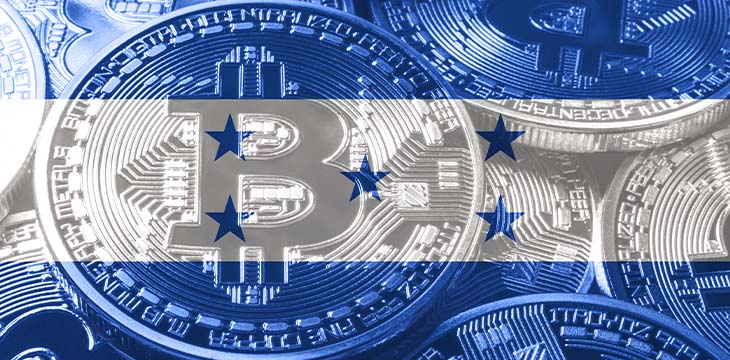|
Getting your Trinity Audio player ready...
|
The Central Bank of Honduras (also Banco Central de Honduras – BCH) has warned Hondurans about the risks of digital assets based on their lack of legal backing in the country and high volatility.
In a press release dated July 29, the BCH stated that it has become aware that digital assets are now being used as payment. Honduran law is clear that the only issuer of legal tender coins and bills, and regulator of the payments system is the BCH, the notice said.
The BCH also reminded the populace of its previous notices concerning digital assets and the fact that they are not regulated or backed by law. Based on this, the central bank emphasized that citizens who transact with digital assets will bear responsibility for any risks they face from the high volatility of digital assets.
“In this sense, the BCH reiterates to the Honduran population that, since crypto assets are not supported by the laws of the country, any transaction carried out with them will be under the responsibility and risk of the person who carries it out,” the BCH wrote.
It added that Honduras’ policy on digital assets should not be compared to other countries that have either restricted, adopted or regulated the market.
Earlier this year, the BCH debunked social media rumors that Honduras was set to follow in the footsteps of El Salvador and make Bitcoin legal tender. The bank maintained that it is the only entity that can issue legal tenders, and as far as it was concerned, only the Honduran lempira is the currency in the country.
Digital assets adoption continues to sweep Latin America
Meanwhile, the publication of the latest release coincides with the launch of “Bitcoin Valley” in the Honduran tourist town of Santa Lucia. According to a Reuters report, the initiative will see both big and small businesses in the town get training and resources to enable them to accept Bitcoin as payment.
This is in a bid to attract more tourists and business. The project, which initially targets 60 enterprises, is jointly developed by the Blockchain Honduras organization, the Guatemalan digital currency exchange consortium Coincaex, the Technological University of Honduras, and Santa Lucia’s municipality.
The initiative is similar to El Salvador’s Bitcoin Beach in El Zonte, where Bitcoin has already been accepted as payment before the country-wide adoption of the digital asset as legal tender. Since El Salvador made Bitcoin legal tender, several other Latin American countries, like Brazil, Argentina, and Panama, have been giving digital assets regulations serious consideration.
Watch: The BSV Global Blockchain Convention panel, Blockchain for Government Data & Applications
https://www.youtube.com/watch?v=ggbZ8YedpBE&t=30603s

 03-05-2026
03-05-2026 




